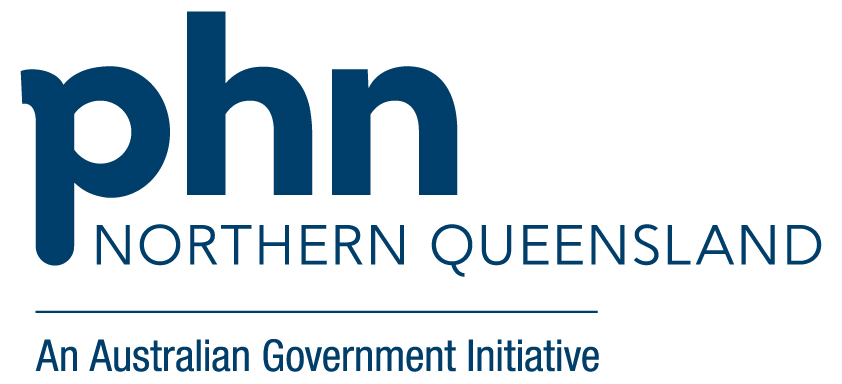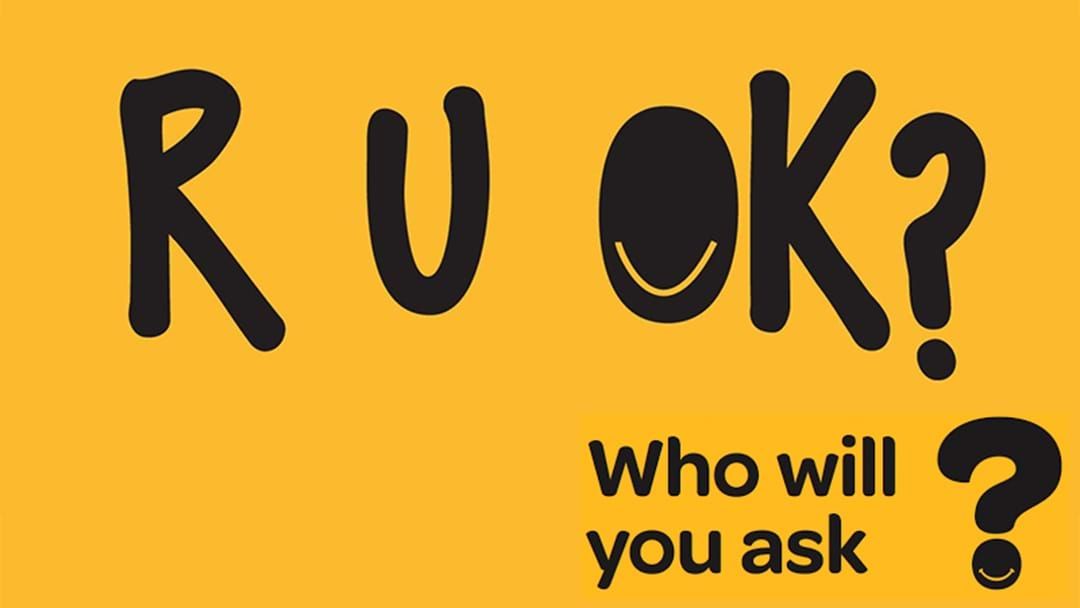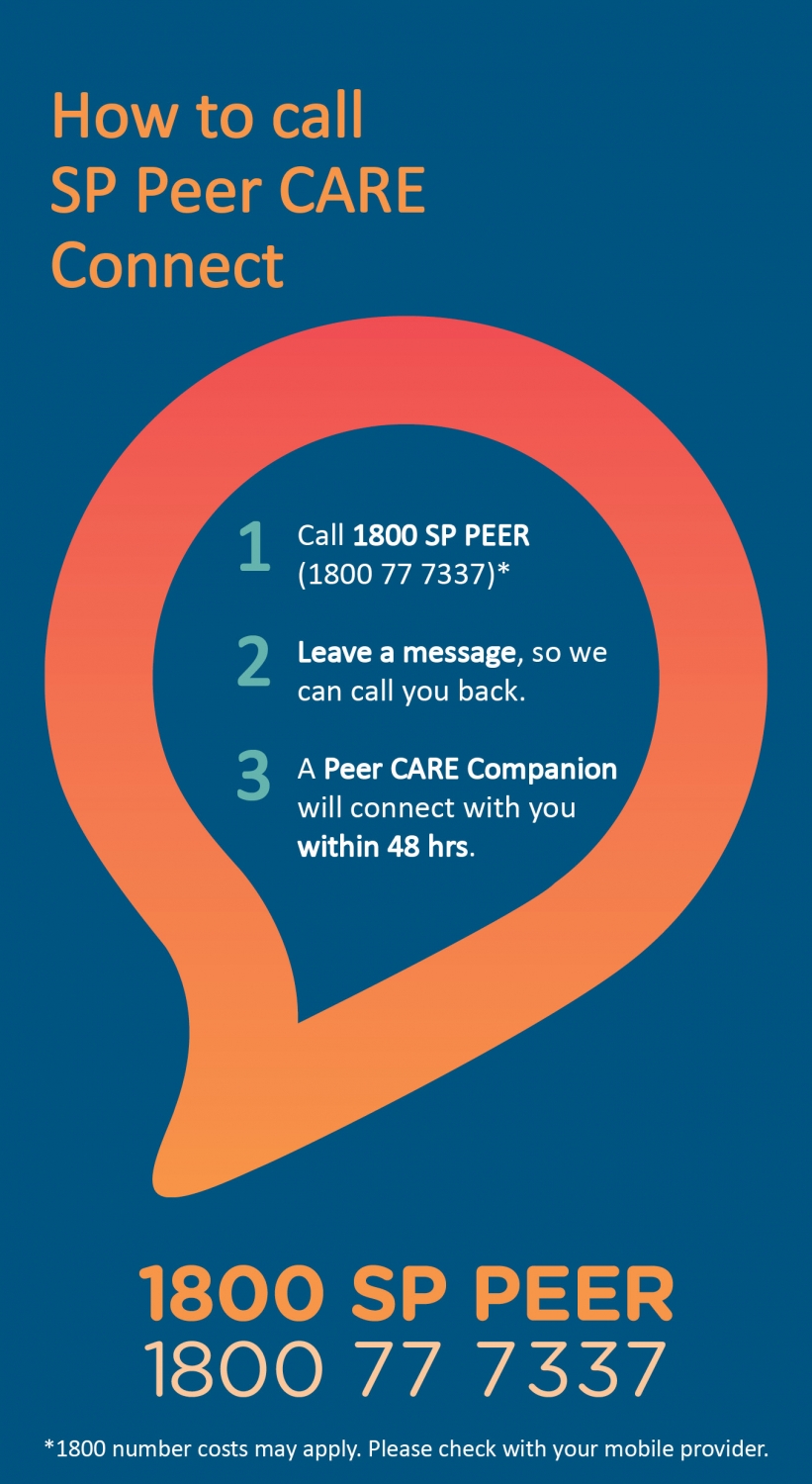Starting the conversation with your mates
How to have a conversation with a mate about mental health
Mental Health is in the forefront of people’s minds given the COVID-19 pandemic, however Aussie men can benefit by paying more attention to their own mental health and the mental health of their mates.
If you are concerned about your mates, having a simple conversation to check in on their mental health can make all the difference. A conversation can help make them feel supported and confident that they have someone to talk to if they need it.
Click here for for simple conversation starters and some tips around where and when to have a conversation with your mates about their mental health.
Does someone you know have suicidal thoughts?
ASPF are providing a new approach to show family and friends how to lessen the risk of attempted suicide and death from suicide in someone close to them. This is a huge problem all around the world.
Here Are Some Questions to Ignite the Conversation
- Whats been the hardest challenge you’ve faced these past few months? What has helped you get through that challenge?
- What energise you? How do you recharge?
- What are you the most grateful for, and why?
- What do you do that evoke fun and laughter?
- Where and when are you most inspired?
- What have you learned about yourself in the past few months?
- What’s your best family memory?
- What’s your lesson you learned from the experience of others?
- Whats makes you feel confident?
- What is one of the most memorable conversation you’ve had? What made it so memorable?
Talk It Out: Communication 101 for Couples
“Communication is important because it fosters trust and connection,” explains Shelley Sommerfeldt, PsyD, a clinical psychologist who specializes in relationships. “In order to have an open, honest, and vulnerable relationship with our partner, we must be able to freely communicate in a healthy manner.”
RU OK?
Starting the conversation can at times feel difficult – What do I say? Will I say the right thing? What do I do next?
Check ou the supportive suggestions on RU OK website and have the conversaton today.
Communication with someone you disagree with
It can seem challenging to communicate effectively with a friend you disagree with. Click here to see some strategies to help you navigate a disagreement.
SP Peer CARE Connect
SP Peer CARE Connect is a suicide prevention ‘warmline’ call-back service, and has been created by Roses in the Ocean to provide a safe place for people with a lived experience of suicide to connect with others with a similar lived experience of suicide. The service provides people with an opportunity to connect, be heard, and for their distress to be compassionately explored and understood by another person through the mutual understanding that comes with meaningful shared experience. This service may assist in providing relief from emotional distress, explore coping strategies, provide suggestions for online resources and/or information.
How to start a conversation about suicide
Is there someone in your life dealing with anxiety, depression or thoughts of suicide — but is too ashamed to talk about it? Jeremy Forbes saw this happening around him, and now he’s on a mission to teach people how to start a conversation about it. In this deeply personal talk, Forbes shares his approach to helping a group of traditionally silent men in his community open up about their struggles. “We can all be life preservers,” he says.

Helping Men Talk About Being a Man
Glen Poole wants to help men talk about masculinity, men’s issues and the experience of being a man. All of which we obviously find incredibly important here at The Good Men Project.
“There is a crisis in masculinity, where men feel unable or unwilling to get help even when they are hit by catastrophic life events, bereavement, divorce, job loss or similar. And until we can break down those barriers that prevent men accessing the help and support they need, we will struggle to cut the number of deaths.”
Click here for the full articule
Conversations can alleviate anxiety caused by social media
Constantly reading the news and scrolling through social media can leave us feeling overwhelmed and anxious, so it’s important we make time for uplifting conversations with our friends, family members and colleagues so we can take a break and #StayConnected to what matters.
One way that we can stay on track to do this is by making a list of some light conversation starters that you can share with those around you. You can create your own list of conversation starters or start with some of the suggestions below.
– What’s one of your favourite memories?
– If you were to write a book, what would it be about?
– What personal accomplishments are you most proud of?
– If you could live in a different place for a year, where would it be and why?
– What movies would you recommend I see, and why?
Click here for some more conversation starters.
Some useful tips
If you are concerned about one of your mates and you have tried having a conversation but they haven’t wanted to talk, let them know that you’re still concerned about them and that you’re there for them if they need it. Don’t tell them off or criticise them – they might not be ready to confide in you just yet, but your support is still valuable.
If you’re worried, speak up
If you are concerned that someone might be thinking of harming themselves or taking their own life, the best way to find out is to ask them. Asking about suicidal thoughts won’t put the idea of suicide into their head. In fact, giving them the opportunity to talk might reduce the risk of suicide.
If you’re concerned about someone’s immediate health or safety, it’s time to seek expert help.
Do something while you say something
We don’t all feel comfortable sitting opposite someone and talking about our feelings. Some people might feel more comfortable having a chat when they don’t have to make eye contact or when they’re doing something else.
If you don’t want to sit face-to-face, you could bring up the topic while you do another activity. Do something with your hands, like working in the shed or going fishing. Have a chat while you watch the footy on TV, or go for a walk.
Pick your time and place
When you’re planning to have a conversation, try to pick somewhere that is fairly private and comfortable. Make sure you won’t be rushed, and if they want to open up you have time to listen to them.
Don’t expect to fix everything yourself
Speaking to a friend, family member or colleague about their mental health doesn’t mean you’re going to be able to fix their problems. Mental health is complex, and not something that can be perfected in one conversation.
But giving someone an opportunity to open up, listening to them and showing that you care might help them to feel supported, and encourage them to get further help if they need it.
Ask for help
There are lots of resources, online and offline, which you can use to help you help someone else.
beyondblue has information, factsheets and forums to help you understand mental health. You can also call their support service on 1300 22 4636, or talk with someone online or by email if you want help, have any questions, or just need to talk to someone.
Lifeline also has information and resources, as well as a 24 hour phone hotline 13 11 14 and a nightly online chat service.
You can also talk to your doctor about your concerns; they can give you information about the different options that might be available to help your friend and also help you if you feel like your worry is getting too much.
RU OK? has information about starting conversations about mental health.
These are just a few resources you might use. You can find a comprehensive list on the RU OK? website here.
If you think someone’s life is in danger or that a situation is an emergency, you should always call Triple Zero (000) straight away.
Look after yourself
It’s important to look after yourself, even when you’re worried about someone else.
Before you start a conversation, make sure that you’re feeling okay and are in a good headspace to listen if they want to talk through any issues.
Afterwards, you might feel like you need to debrief. Talk to someone you trust or write down how you’re feeling. You could also call one of the helplines listed above to talk through the conversation and get further help if needed.













